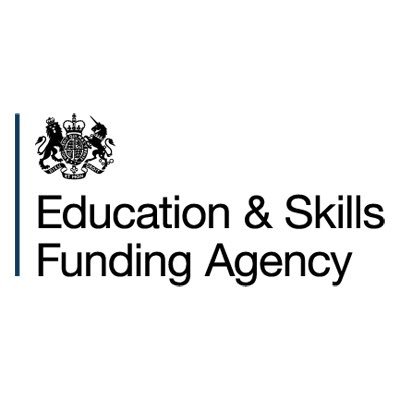Fraud and academy schools
Fraud has become a key area of concern for academy schools and the Education Funding Agency (EFA) has recently published a guide to help trusts reduce their exposure (link later in the article). We discuss some of the high profile frauds that have become public as well as advice and guidance to mitigate risk at your school.
Who’s been affected?
Although, there are no published statistics for academy schools, insight can be gained from looking at maintained schools, where there were more than 200 cases of fraud 2013-14, worth £2.3 million. Over half of those involved members of staff. Recent high-profile cases of fraud include:
Bradford Kings Science academy
Last year the founder of Bradford Kings Science academy was jailed for fraud, along with his sister and another member of staff. Sajid Raza and Shabana Hussain were found to have stolen £69,000 intended for the school. They’d diverted money from government grants into their own personal bank accounts. The school’s financial director, Daud Khan, was not found to have taken any of the money. Nevertheless, Khan received a prison sentence, as it was claimed the fraud could not have taken place without his knowledge. Raza and Khan were also found guilty of false accounting, as they’d issued fake invoices to cover up the missing money.
Kingshott school
Kingshott is an independent preparatory school in Hertfordshire, which found itself the victim of a crime costing almost a quarter of a million pounds. The school had had extensive building work carried out. Fraudsters sent a letter pretending to be from the construction company, informing the school of a change in bank details. Kingshott then transferred the money owed to the new bank account. According to the construction company, “Unfortunately these types of crimes are becoming more and prevalent at SMEs and schools.”
How can I protect my school from fraud?
The EFA has published a guide to help academy trusts to reduce the risk of fraud. Key recommendations include:
- Developing a fraud policy statement, a fraud risk strategy and a fraud response plan.
- Developing and promoting an anti-fraud culture.
- Clarifying roles and responsibilities.
- Putting systems in place to prevent, detect and investigate fraud.
The National Association of Schools Business Management has a detailed factsheet on fraud that you may find useful.
Marianne Pope is a researcher at The Key, which provides information and support to schools. She told Schools Week, “School business managers should always check invoices, receipts and accounts records for irregularities, and those responsible for recruitment should make sure appropriate pre-employment checks are carried out on prospective staff. Furthermore, it’s vital that schools have clear reporting processes for staff to follow if they notice anything unusual.”
What should I do if I suspect fraud?
Along with contacting the police, you should get in touch with the Education Funding Agency as soon as possible. This is a legal requirement if:
- The fraud has cost you more than £5,000.
- There’s been more than £5,000 worth of fraud in one year.
- The fraud is ‘unusual or systematic (such as regular occurrences of low value theft), regardless of value.’
Have you found this article useful? If so, please feel free to share it.





